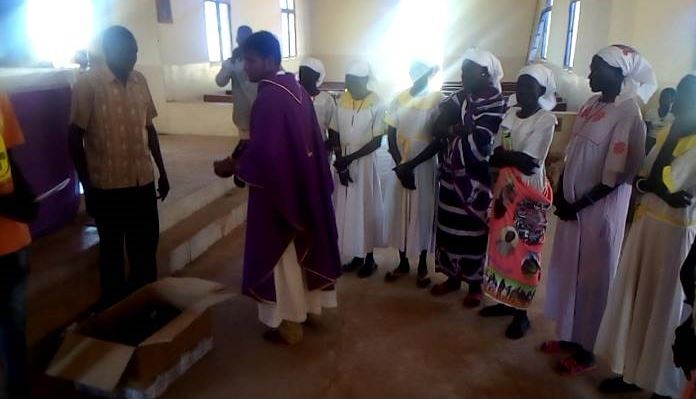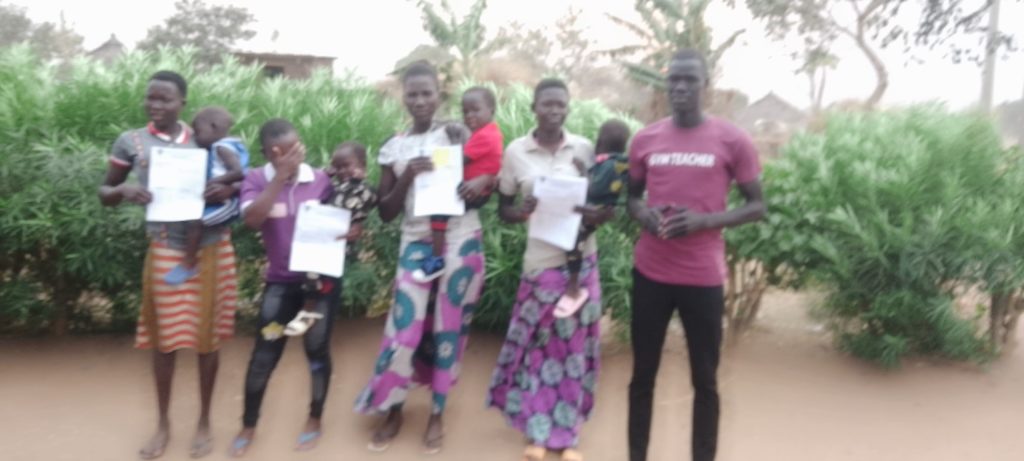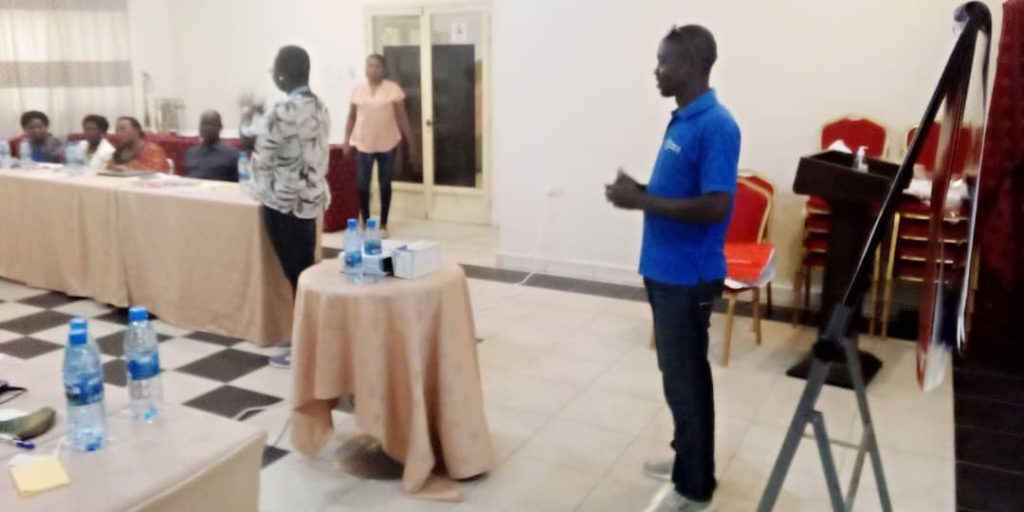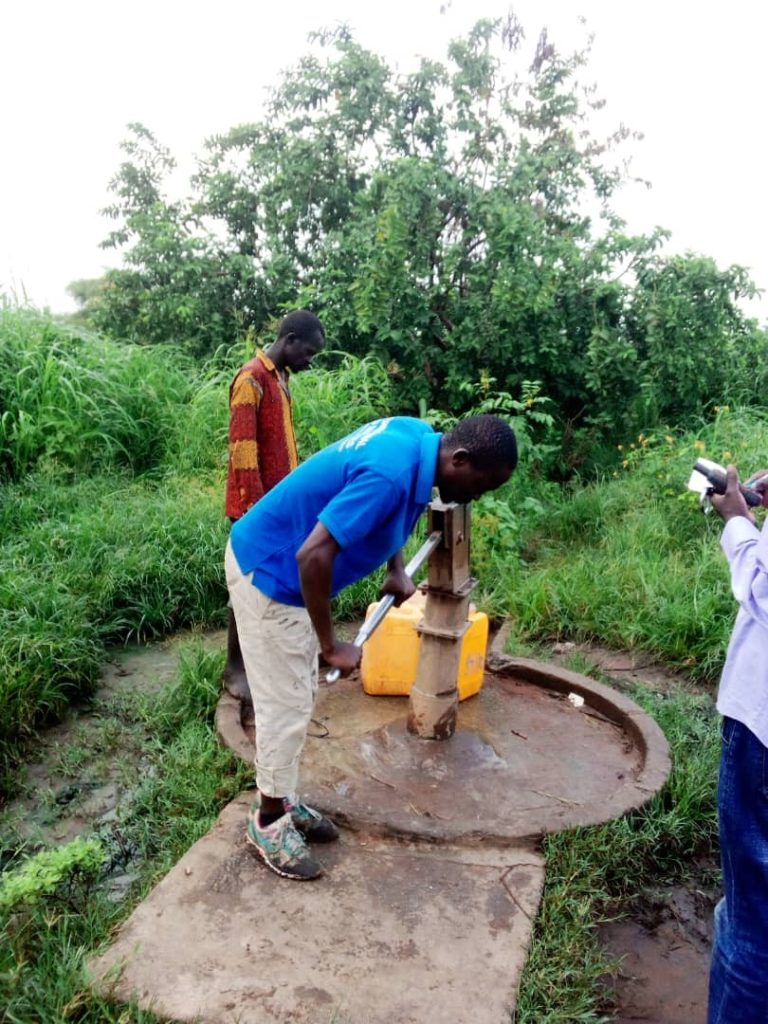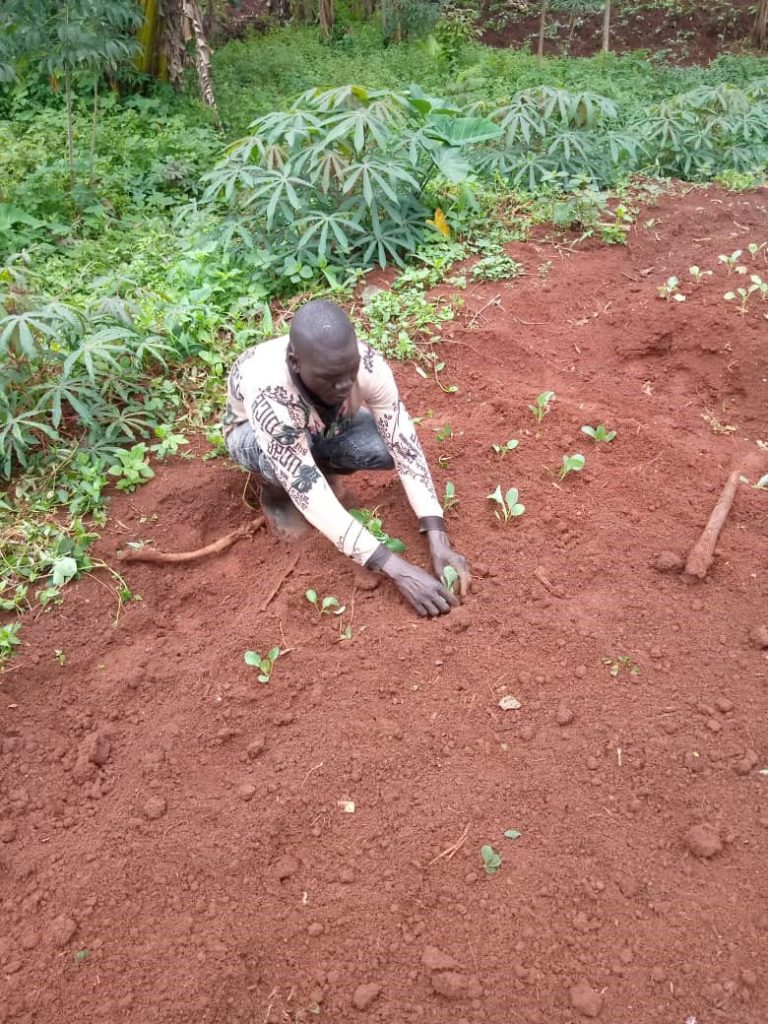
2. Livelihoods, Agriculture, and farming
• Improve equitable and sustainable livelihoods for smallholder farmers in Jebel Lado Payam and refugee’s camps in Northern Uganda with a particular focus on the empowerment of women and young men.
• Support smallholder farmers with microloans to improve food security.
• Empower and resilient agricultural producers capable of adapting to climate change and supplying products of high quality and in quality to access formal markets.
• Formation and training of community-based farmer on extension agricultural training that involved agricultural mechanization engineering, group management, record keeping and meeting management. These groups shall target women, youth and the engendered groups with a mix of all males, female across age, ability and status.
• Training of refugee and host community farmers on good agricultural practices and climate smart agriculture and livestock farm management. This is intended to maximize output quality and reduce on input wastage and ensure operation on optimal capacity.
